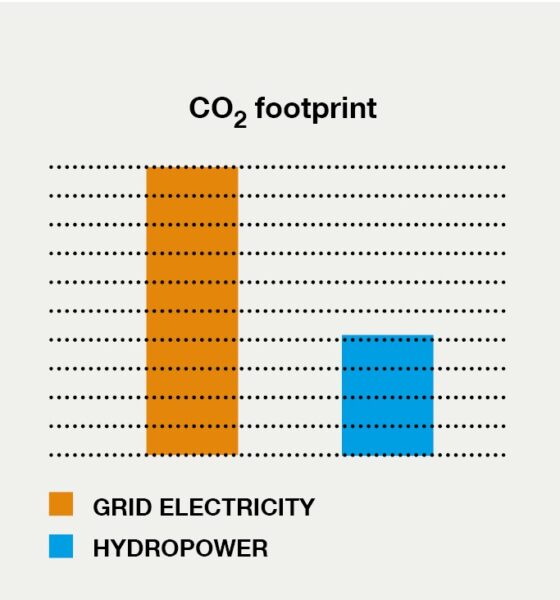
Remei’s strategy to reduce the carbon footprint in the organic cotton textile supply chain is delivering results
According to initial estimates, Remei will succeed in reducing CO2 emissions by more than 50% in the current financial year 2021/22 by switching to renewable energy. Transparency in the supply chain is the prerequisite and key for this and for further necessary steps to become more climate efficient.
Transparency in the supply chain in the production of organic cotton textiles is Remei’s expertise. This also includes transparency about the CO2 footprint per production step. Remei has been reporting the carbon footprint “from Fibre to Fashion” since 2013, finances insetting projects within its own supply chain and enables B2B trading partners to produce C02-neutral organic cotton textiles.
For the year 2021, Remei India Ltd. was able to purchase electricity with I-REC certificates (International Renewable Energy Certificates) from India’s first Independent Power Project (IPP) for private sector hydropower for the first time. It is possible to improve the electricity mix in one’s own supply chain, which makes it all the more important to realise this existing potential. By switching to hydropower, Remei is initiating a significant reduction in CO2 emissions throughout the supply chain.
In addition to this important step, Remei is continuing its successful insetting strategy, offsetting emissions generated in the area where its own raw material is grown. By promoting efficient stoves and biogas plants at the beginning of its own supply chain, Remei has been helping to improve the living conditions of farmer families in India and Tanzania for many years.

